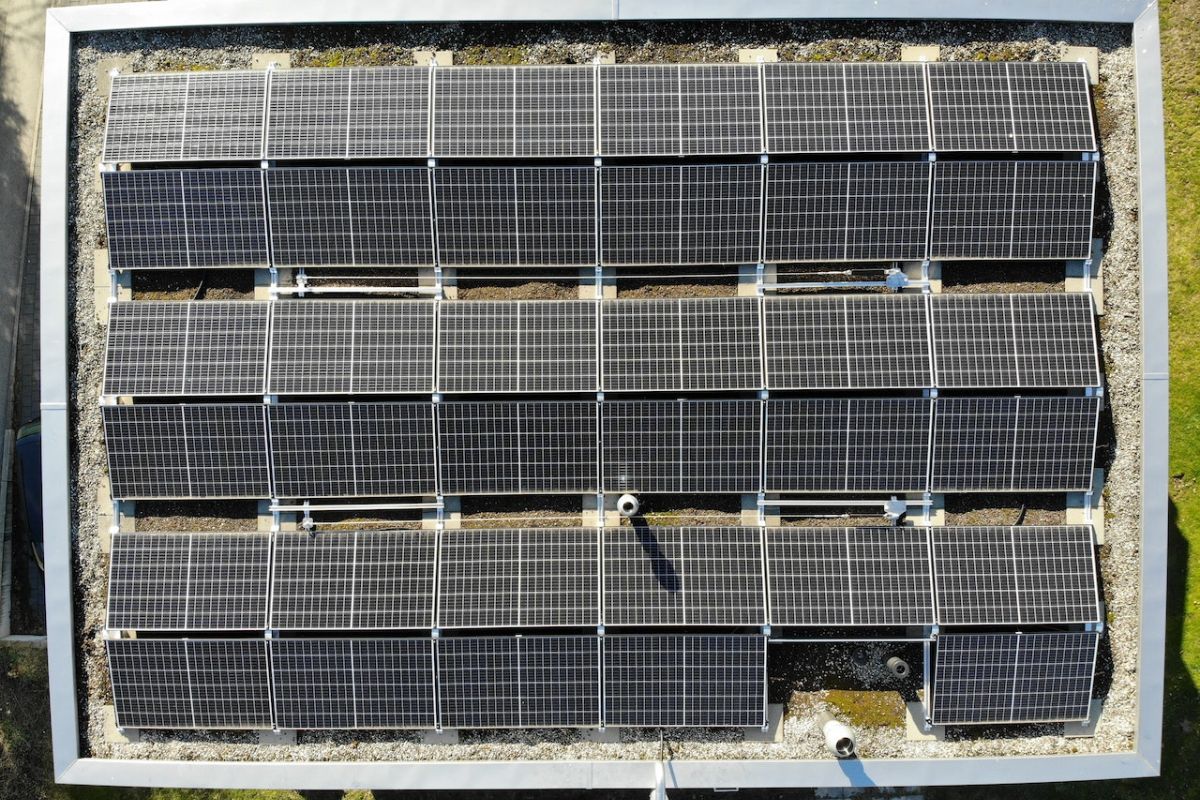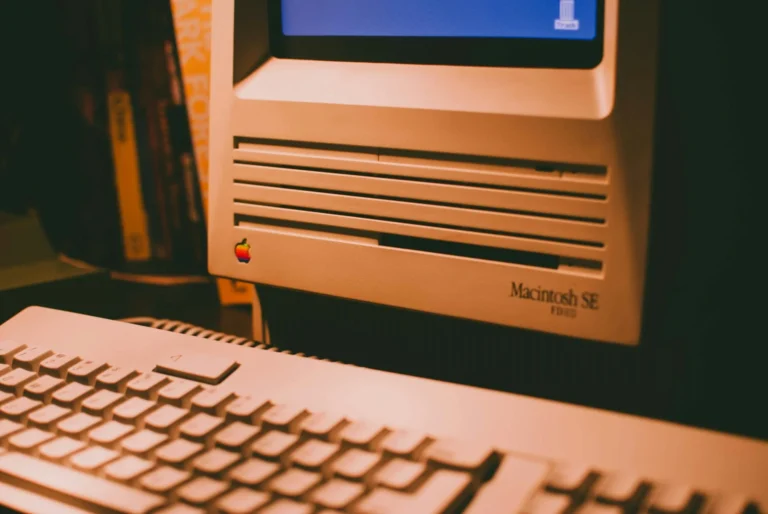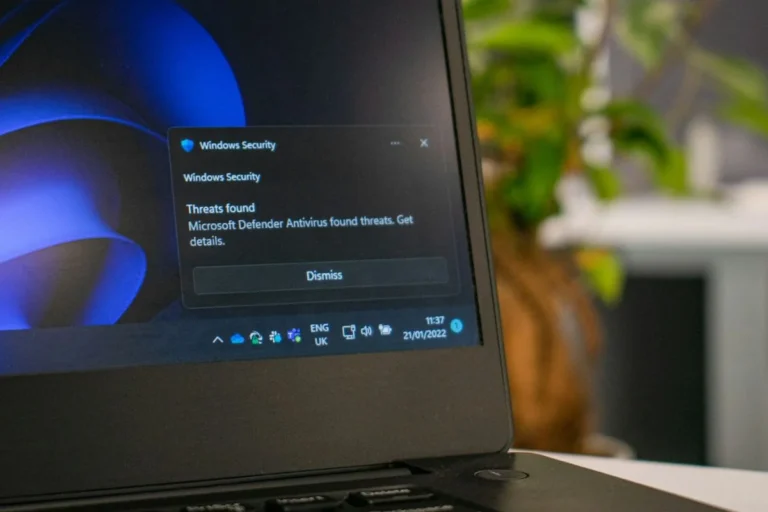The world is going through an energy crisis. Most people blame it on the ongoing tussle between Ukraine and Russia while the majority tag it with the depleting energy resources and climate change.
According to recent research, every year energy consumption increases by nearly 3 to 5%. Based on these stats, energy consumption will increase by 47% in 2025, which is a stark increase compared to the last century.
However, in survey research done by Neilsen, global consumers have stated their willingness to change their buying behavior to be more focused on reducing their energy resources, and carbon footprint and buying more environmentally sustainable products/services.
The most alarming part of the growing energy consumption is that this energy in terms of sustainable resources will be consumed for residential purposes compared to the last century when most of the energy was spent on keeping the industries fueled.
Environment specialists are saying that unexpected heat waves and climate changes are forcing people to equip their homes with weatherproofing technology along with power generation.
To save up, more people are investing in smart home appliances while some are switching to solar homes, so they can harness the power of the sun.
While some are keen to invest in both and take their investment to the next level. Thus, a question arises, “What would happen if you get equipped with the power of both?” and make the perfect cross between the two.
Smart Homes vs. Solar Homes – Why Choose Them?

An ongoing debate in the energy sector is about the effectiveness of solar homes and smart homes. For smart homes, you can automate your home so it can shut things off when they are not in use by seamless communication via the internet.
To ensure that your smart home offers you the best results, a good high-speed internet with one of the top, Suddenlink Internet is recommended.
On the contrary, with solar homes, you are not just reducing energy consumption but also empowering
your home with a complete energy production system.
This will allow you to not just reduce the power consumption but also reduce the overall temperature in your home, keep your home cool, and produce electricity on your own.
All these collective benefits are convincing more people to shift to solar homes.
Comparison of the best possible option
While choosing between solar and smart homes, you need to consider multiple aspects. For technology to help you save more, you need to compare the value of money it offers.
You need to consider the installation fee along with the overall cost that you will be saving. Another important factor to consider is the after-effects and their impact on the environment.
With the help of this comparison, we will consider all these factors and see which option is better:
-
1. Cost cutting
Cost cutting is the main goal in both cases, so if you choose the solar home you will save money in the long run. This is not just limited to small devices but also huge appliances.
Moreover, if you have a full solar home, the government offers a net metering system that will help you inject the surplus power into the system, helping you reduce the bill and load on the system.
On the contrary, if you choose a smart home, you will save money and there is no doubt about it. However, the overall power usage will only reduce to a few percent. To ensure that you are saving more, it is advised to find a combination of solar and smart homes.
2. Installation cost
Smart home devices are very cost-effective. You can get your smart home device for just 20 to 250 dollars. The best part of getting your smart home device is that you get to choose from a wide range of smart devices.
You can get something portable that you can easily plug in every home or something fixed that stays in the same room. Moreover, you get smart devices that can be controlled with mobile apps or remotely as well.
On the contrary, the solar system has very high installation costs but in the long run, you will be saving a lot of money. The best thing about the solar system is that governments are pushing residents to invest in solar homes at subsidized prices.
With the help of solar panels, you get to reduce the overall power consumption in the system.
3. Location Limitations
For the solar home, there is no location limitation. You can be living in a completely remote area but as
long as you have a solar home, your home will be powered and everything will be running.
This is the reason; people who choose to live in exotic places generally opt for solar homes, so they never run out
of electricity.
On the contrary, if you choose smart home appliances, you need power and internet to make sure all appliances are working and your internet is facilitating communication.
This is the reason you will see smart homes only in metropolitan cities or places where there is good internet and power
connection available.
Moreover, you could still choose to combine them with smart systems or generator-powered systems through solar energy.
4. Eco-Friendly Home
Both smart home appliances and solar appliances are eco-friendly. However, there is always some catch. For choosing between these technologies, you need to look at the cost as well as their overall impact on the environment.
It is said that when you choose solar, you are practically capturing the excess heat. However, there is always surplus heat that gets absorbed by the environment raising the temperature in the nearby area.
On the contrary, smart devices are a good source of saving money but they are replaced very often. New
models, updated versions, or better technology, there are so many reasons for the replacement.
This may raise costs in the long term and add to waste if done at a very speedy rate. However, most items will not be replaced in 10 or 15 years, making it convenient to have such technology.
What Would Happen Harnessing The Power Of Both?
With all these reasons it sounds like the true calling comes with the right integration of both systems. It is not far ahead.
Does the smart home come into being with Google’s Home system or other such management system?
Not really, if you think about it, the real smart homes come from the expertise of joining the power of the two systems to make a systematic process of technology and solar that completes your home.
Moreover, both the systems combined can provide resiliency and soon will even be backed by top tech like AI integration for control and monitoring. Imagine 10 years into the future, both systems working hand-in-hand.
One perfect example was explained in a genius future article of how power lines if cut off due to intense winds or hurricanes, would be replaced with the stored power from solar panels on the roofs of homes, businesses, and much more.
It could even be a replacement for energy usage and costs, which rise as the sun goes down. This incorporation of both smart homes and solar-powered homes and many other buildings would lead to energy savings.
It is as Forbes has stated, that with the combination of the smart home integrating solar, wind, geothermal, and energy storage a smart house becomes sustainable.
The Bottom Line
There is no doubt that both solar and smart homes have their importance and regardless of what you choose, you will get to reduce your spending in the longer term.
Just imagine never having to worry about excessive use of lights or having thermostats overwork.
Even better, combined with solar power, you can’t even make out the savings that you will be doing on your monthly or yearly billing.
While you may choose either, it is advised to combine both solar homes and smart homes, so you can save more and reduce your spending to a minimum without putting a load on your expenses in the long term.
This is definitely an investment worth doing.



